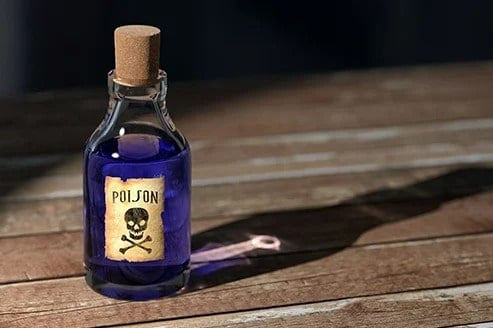What they are?
Phthalates are a family of inexpensive chemicals that can be used in the production of disposable gloves. They are primarily used to make polyvinyl chloride (PVC) or vinyl products (including gloves) more flexible and harder to break, and can also be found in some nitrile gloves.
Accelerators are chemicals used during (latex and nitrile) glove production to stabilize the raw materials in order to form a strong and elastic glove.
 Why are they bad?
Why are they bad?
Studies have shown phthalates, such as DEHP and DiNP, are carcinogenic and known endocrine disruptors which can cause adverse health effects. When contained in gloves phthalates can either be absorbed through the skin or leach into the food being handled and ingested.
Due to these well documented adverse effects on health, Japan has banned PVC gloves for food handling, and the European Union banned the use of DEHP in food service gloves out of concern that the chemical will leach into food and be ingested.
Some accelerators on the other hand (no pun intended) have been known to cause allergic contact dermatitis or Type IV hypersensitivity.
What are the alternatives?
Not all gloves contain phthalates or accelerators, with phthalates mostly found in vinyl gloves. The best way to know if a glove contains phthalates is to contact the glove supplier, or a Prop 65 warning on a glove box may indicate this also.
Accelerator-free gloves, like our Derma 2 nitrile, are easier to distinguish as this is most likely a product feature that will be promoted.
Gloves are a simple food safety tool, but a complex product to understand. Have questions about gloves? Ask us. Or click below to learn more about nitrile, our recommended glove for food handling.


